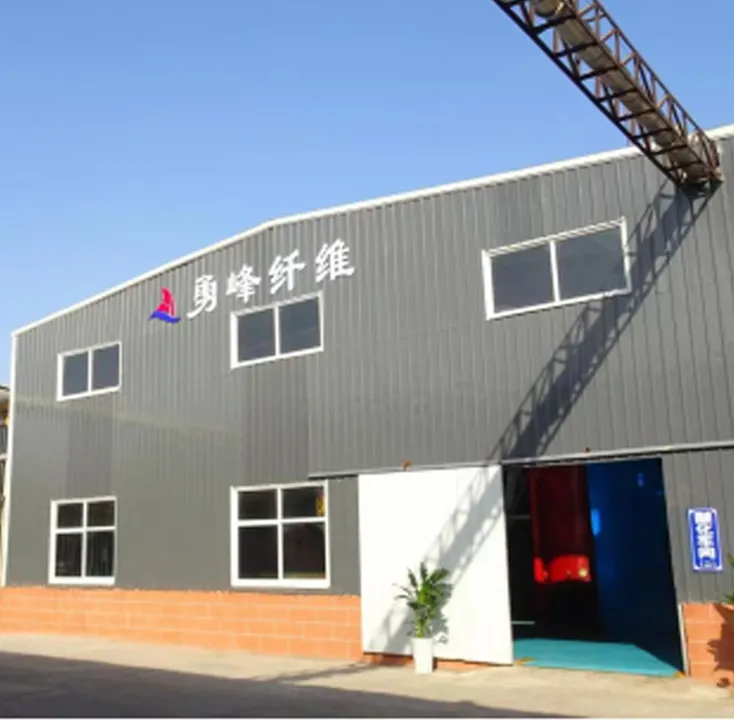Understanding HPMC A Versatile Chemical Compound
Hydroxypropyl methylcellulose (HPMC) is a semisynthetic polymer derived from cellulose, a natural polymer that forms the structural component of plants. Due to its unique properties and versatility, HPMC has found applications in various industries, including pharmaceuticals, food, and construction.
Understanding HPMC A Versatile Chemical Compound
In the pharmaceutical industry, HPMC plays a crucial role in the formulation of drugs. It is commonly used as a binder in tablets and as a film-forming agent in controlled-release formulations. The presence of HPMC helps in enhancing the bioavailability of certain drugs, ensuring that they dissolve properly in the body and deliver the required therapeutic effect. Moreover, HPMC is also utilized in ophthalmic solutions, where it acts as a lubricant, improving comfort and providing relief for dry eyes.
hpmc chemic

The food industry also benefits from the properties of HPMC. It is frequently used as a food additive due to its emulsifying and thickening properties. HPMC can improve the texture of various food products, such as sauces, dressings, and dairy items, giving them a desirable mouthfeel. Additionally, since HPMC is plant-derived, it is often considered a suitable alternative for vegan and vegetarian recipes, making it a popular choice among health-conscious consumers.
In the construction sector, HPMC is widely implemented in cement-based products. It enhances the workability of mortar and plaster, allowing for better application and finish. Its water-retaining properties ensure that the mixture remains workable over extended periods, which is essential during the application process. Furthermore, HPMC contributes to improved adhesion and flexibility in construction materials, promoting durability and longevity.
The versatility of HPMC is also evident in personal care products. It is utilized in lotions, creams, and shampoos as a thickening agent, providing a smooth texture and enhancing the overall sensory experience of the product. HPMC’s mild nature makes it suitable for sensitive skin formulations, making it a popular choice among cosmetic formulators.
In summary, Hydroxypropyl methylcellulose is a remarkable chemical compound with numerous applications across various industries. Its ability to enhance product performance, improve texture, and offer versatility makes it an invaluable ingredient in pharmaceuticals, food, construction, and personal care products. As research and technology continue to advance, the potential uses of HPMC are likely to expand, further solidifying its status as a key component in modern formulations.
-
Rdp Powder: Key Considerations for Wholesalers in the Building Materials IndustryNewsJul.08,2025
-
Key Considerations for Wholesalers: Navigating the World of Hpmc - Based ProductsNewsJul.08,2025
-
Hpmc Detergent: Key Considerations for WholesalersNewsJul.08,2025
-
Key Considerations for Wholesalers: China Hpmc For Tile Adhesive, Coating Additives, Concrete Additives, and MoreNewsJul.08,2025
-
Crucial Considerations for Wholesalers: Navigating the World of Construction MaterialsNewsJul.08,2025
-
Key Considerations for Wholesalers Sourcing Additive For Cement, Additive For Concrete, Additive For Putty from Additive Manufacturer Shijiazhuang Gaocheng District Yongfeng Cellulose Co., Ltd.NewsJul.08,2025




